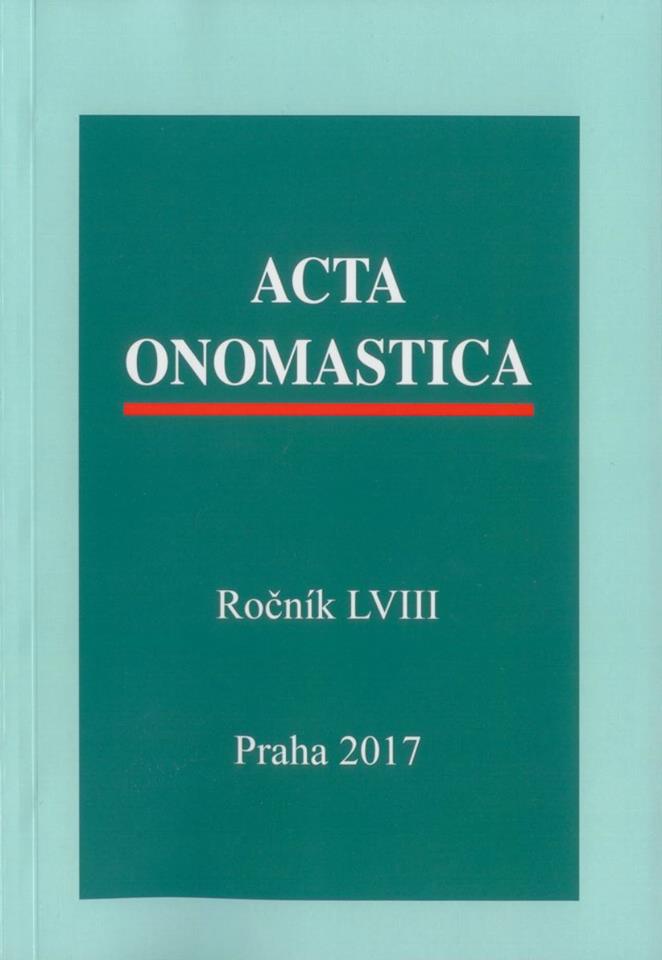Motivacija davanja naknadnog imena ovcama (ovis aries) u poemi Ovce srpskog pesnika Matije Bećkovića
Motive behind the subsequent naming of sheep /ovis aries/ in the poem Sheep by the Serbian poet Matije Bećković
Author(s): Milka V. Nikolić, Vidan V. NikolićSubject(s): Language and Literature Studies
Published by: AV ČR - Akademie věd České republiky - Ústav pro jazyk český
Keywords: Serbian language; literary onomastics; literary zoonyms; motivation for subsequent name; change in the name for sheep (Ovis aries); poem Sheep by Matija Bećković
Summary/Abstract: The paper discusses the motive behind the subsequent naming of sheep (Ovis aries) in the poem Sheep written by the contemporary Serbian poet Matija Bećković, who in the dialectic poetry of the tribe Rovca from Montenegro, gave in the poetic form (synaesthesia, figure of speech) rich catalogue of over 160 names for ewes and rams. The poet Matija Bećković observed sheep − the most abundant domestic animal in the tribe Rovca − from several aspects: ethnographic, ethno-linguistic, etymological and onomastic. In the Serbian tradition, sheep (Ovis aries) and bees (Apis) are considered to be sacred animals. The poem „Sheep“ is an example of how in literary onomastics (i.e. literary zoonyms) an inventory of names for sheep can be given, and that it can be reliably compared with the linguistic study of Mato Pižurica „From Onomastics of Rovca“. The focus of our theme is on the names of sheep that were subsequently changed due to the later acquired traits „Sto imena sam jednoj mijenjao, / nadijevao i predijevao” (for example: Slomiroga − sheep who broke the horn, Kusorepa − sheep who broke the leg; Čaktaruša − sheep which carries čaktar, i.e. a bell.). Professor Stefan Warchol, the researcher of Slavic zoonyms, believes that the names of sheep are a reliable resource for determining directions of people’s migrations during Middle Ages.
Journal: Acta Onomastica
- Issue Year: LVIII/2017
- Issue No: 58
- Page Range: 106-114
- Page Count: 9
- Language: Serbian

